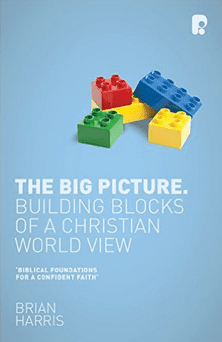 Written by a theologian in 1907, and scholarship has strengthened the observations: “The savage man has a savage God; the cruel man has a cruel God; the effeminate man has an effeminate God; while the good man lifts up holy hands to a God who rewards goodness” (37).
Written by a theologian in 1907, and scholarship has strengthened the observations: “The savage man has a savage God; the cruel man has a cruel God; the effeminate man has an effeminate God; while the good man lifts up holy hands to a God who rewards goodness” (37).
So we read a quotation in Paul Froese and Christopher Bader, America’s Four Gods: What We Say about God–and What That Says about Us.
Our earliest childhood images of God determine or at least deeply shape both who we become and how we live. But this doesn’t mean God is our Parents to the nth degree.
Where do we get our views of God? How influential is our church community on our view of God? What groups most favor an Authority God and which groups most favor a Distant God? Why?
But God is either strikingly like our parents or a compensation for our parents, leaving parents very much at the core of what we think of God. 51% of those who believe in the Authoritative God had parents who often spanked; those with a Distant God image had parents who spanked only at 26%.
It is rare for a person to adopt a view of God that differs markedly from the story received from parents and community. As we age that view — that view — matures and develops. Here are some observations on how our past shapes our view of God:First, those who read the Bible most literally are the most likely to have The Authority God. But the correlation might be more the other direction: those with an Authority God favor literal readings. These authors think the view of God is more important than the approach to Scripture.
Second, Authority God and Benevolent God believers are more likely to feel “called by God” — and miracles were experienced by this group too. The numbers decrease dramatically for the Distant God and Critical God groups.
Third, religious communities matter:
RCC: Authority (22%), Benevolent (30%), Critical (21%), Distant (30%)
Evangelical: Authority (51%), Benevolent (26%), Critical (14%), Distant (11%)
Black Prot: Authority (68%), Benevolent (12%), Critical (20%), Distant (0)
Mainline: Authority (22%), Benevolent (28%), Critical (20%), Distant (30%)











